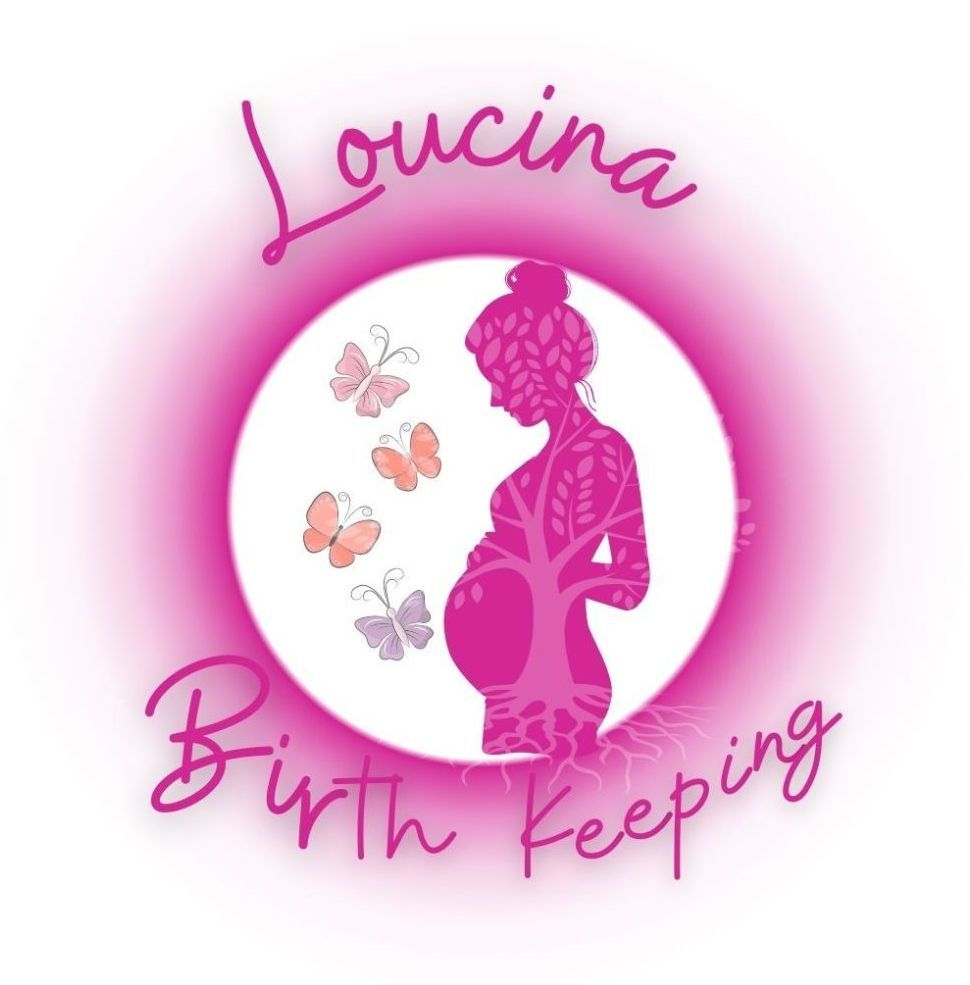5 Tips All New Mothers Should Know About Newborns
Welcoming a newborn into the world is an exhilarating experience that comes with a steep learning curve. As a new mother, you’re embarking on a journey filled with joy, challenges, and countless questions. To help you navigate this beautiful phase, here are five essential tips every new mother should know about newborns.

1. Understanding Pseudo Periods in Newborn Girls
One of the lesser-known phenomena that can catch new parents off guard is the occurrence of pseudo periods in newborn girls. This condition, medically referred to as neonatal menstruation, happens due to the withdrawal of maternal hormones after birth. It’s a perfectly normal occurrence that can happen within the first two weeks of life. You might notice a slight blood-tinged discharge in your baby girl’s diaper. There’s no need for alarm or a doctor’s visit unless the discharge persists or is accompanied by other concerning symptoms.
2. Anticipating the Arrival of Breast Milk
The early days of breastfeeding are often accompanied by anticipation and concern about when breast milk will come in. Typically, mothers start producing colostrum, a highly nutritious pre-milk, immediately after birth. The transition to mature breast milk occurs around the third to fifth day postpartum. This process can vary from one mother to another. It’s crucial to maintain frequent breastfeeding or pumping sessions to stimulate milk production and support this transition. If you’re concerned about your milk supply or your baby’s feeding, don’t hesitate to consult a lactation consultant or your healthcare provider.
3. Navigating Intrusive Thoughts
It’s not uncommon for new mothers to experience intrusive thoughts about their baby’s well-being or their capabilities as a parent. These thoughts can range from worries about accidental harm to fears of inadequate care. It’s important to recognize that these thoughts are a common part of the postpartum experience, often exacerbated by hormonal changes, lack of sleep, and the adjustment to motherhood. Sharing your feelings with a trusted friend, partner, or professional can provide relief and support. Remember, acknowledging these thoughts and seeking support is a sign of strength, not weakness.
4. Monitoring Changing Bowel and Urine Output
Keeping track of your newborn’s nappy changes can provide essential insights into their health and well-being. In the first few days, your baby will pass meconium, a tar-like substance, which will then transition to softer, yellow stools if breastfed, or slightly firmer, tan-colored stools if formula-fed. Newborns typically have at least one bowel movement per day, but this can vary. As for urine, expect at least six wet nappies a day after your baby is five days old, indicating adequate hydration. Any significant deviation from these patterns should be discussed with your pediatrician.
5. Coping with Sleep Deprivation
Sleep deprivation is a hallmark of early parenthood. While it’s challenging, there are strategies to cope. Try to sleep when your baby sleeps, and don’t hesitate to ask for help from your partner or family members to catch up on rest. Establishing a simple, soothing bedtime routine can also benefit both you and your baby, promoting better sleep patterns over time.
As a new mother, you’re doing an incredible job navigating this unique journey. Remember, it’s perfectly normal to have questions and concerns. Don’t hesitate to reach out for support and guidance from healthcare professionals, lactation consultants, and your support network. Every day, you’re gaining more experience and confidence in your new role.
Further your learning
If you would like a deeper look into new life as a parent, why not enrol onto my comprehensive parenting course ‘Introduction to parenthood’






